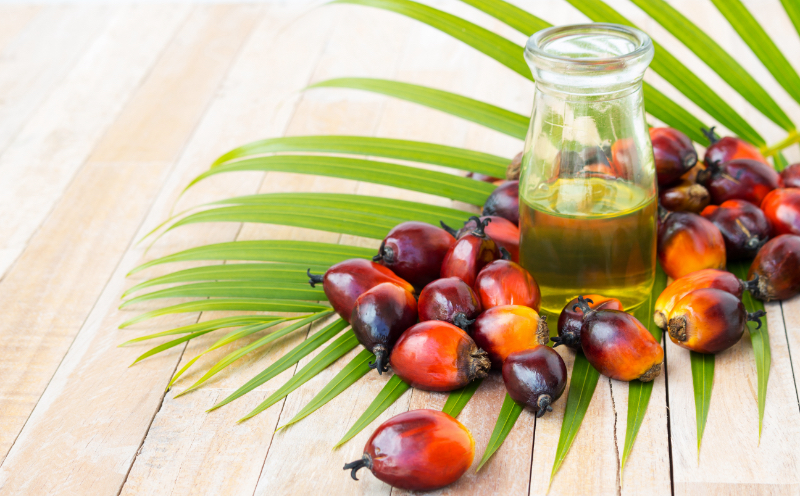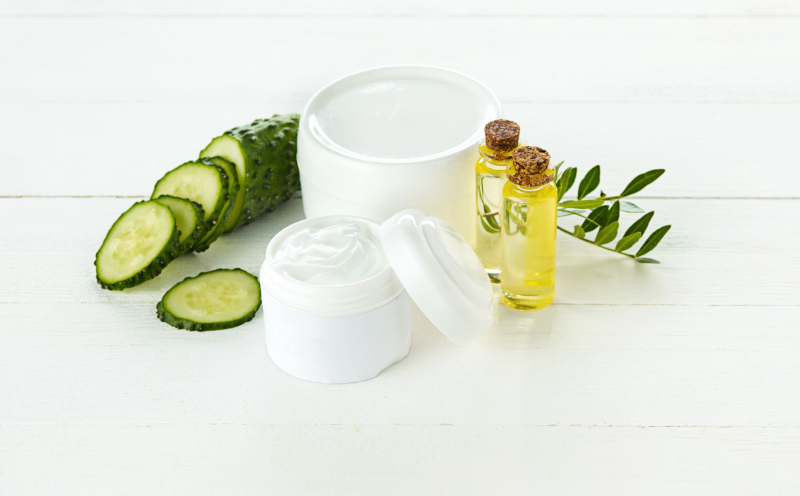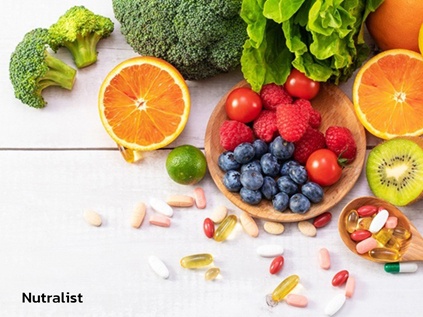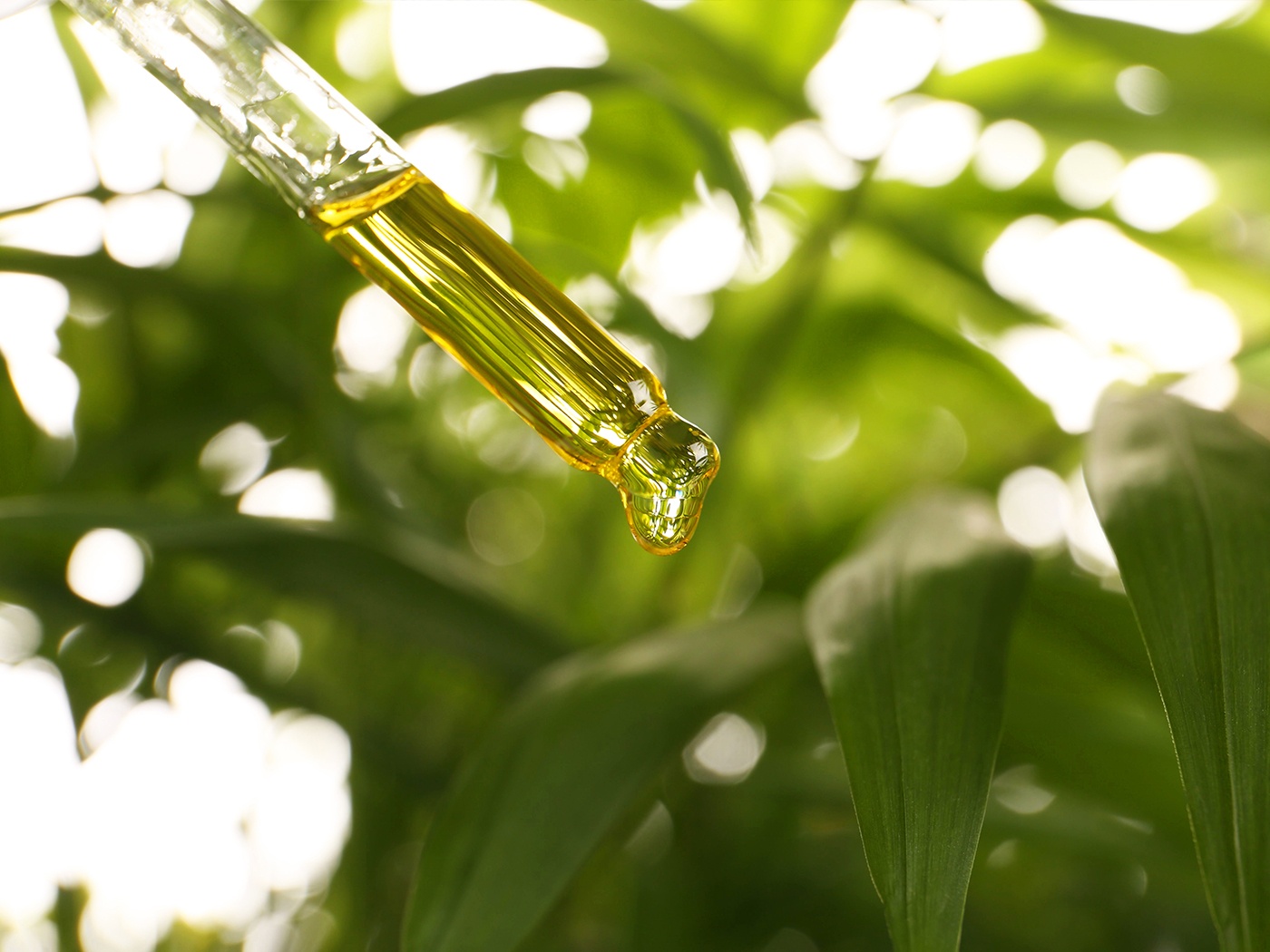
Product Stewardship
Challenges and Commitments
Nowadays, consumers have a tendency to buy products that are environmentally friendly and safe for the health. Therefore, it is an opportunity for GGC to develop and expand the product business to respond to changing consumer needs. The company is committed to continuously delivering products that are friendly to consumers and the environment by emphasizing the operation of product stewardship to increase business opportunities. In addition, the Company also aims to reduce the risk of impacts on the environment and the health of consumers from the production and use of its products, which may negatively affect the reputation and business operations of the Company.
Key Stakeholders
Government
Supplier and Business Partner
Goals
received the Carbon Footprint Product (CFP) certification in 2025.
Management Approach
Sustainability Product Strategy
Life Cycle Assessment GRI 416-1 (2016)
GGC has applied the Life Cycle Assessment (LCA) and the 3Rs principles to the design and production process of products, covering raw material acquisition, production, usage, final waste management, and transportation in every step to reduce the impact on the environment and community throughout the product life cycle, as well as to use resources for maximum efficiency.
For the 7th consecutive year, the Company has assessed the life cycle of products according to ISO 14040 and ISO 14044 standards under the Carbon Footprint Products (CFP) label and Carbon Footprint Reduction (CFR) Label. In 2024, 100% of the Company's products received the Carbon Footprint Product (CFP) certification.
GGC continuously develops low-carbon products with the aim of reducing greenhouse gas emissions throughout the product life cycle while responding to the shift in customer demand towards a low-carbon society. The Company’s main products are divided into 2 main types, namely low-carbon products and products that reduce greenhouse gas emissions.
For more details about more about product stewardship, see the 2024 Integrated Sustainability Report
- The Research Project on Sustainable Product Management, In collaboration with Kasetsart University: GGC is developing decarbonization approaches, including R&D for both existing products and new low-carbon, high-value products. The life cycle assessment (LCA), which covers over 18 environmental impact categories, has revealed that using biogas in the production process can significantly reduce GHG emissions from the manufacturing of methyl ester and pure glycerin.
- Development of less flammable bio transformer oil and integrated pilot field test to promote its commercial and sustainable use: GGC, in collaboration with the National Energy Technology Center (ENTEC), developed a pilot project to produce less flammable bio-transformer oil from palm oil. In 2024, field testing was conducted in the Provincial Electricity Authority (PEA) area, confirming the oil’s effective performance. This innovation adds greater value to palm oil compared to its use in cooking or biodiesel. If adopted nationally, it could help manage palm oil surplus and reduce imports of around 2 million liters of bio-transformer oil annually.
- Nutralist Supplement Project: GGC has partnered with a leading global food ingredients manufacturer with strong distribution experience in Thailand under the Nutralist brand, aiming to enhance its portfolio and expand business opportunities in high-value products.
- Biosovell: GGC has developed a new bio-solvent product under the brand “Biosovell,” made from natural palm oil. It is user-friendly, environmentally friendly, and serves as a sustainable alternative to petroleum-based chemicals.
For more details about the product summary table that has been certified with the Carbon Footprint Label and the global warming label, see the 2024 Integrated Sustainability Report under the Sustainable Products chapter.
Benefits of Eco-Friendly Products
All of the Company’s products are made from natural raw materials that can be renewed, such as palm oil and sugarcane, etc., with a ratio of natural raw materials of 100 percent, which is considered an environmentally friendly and safe for consumers. The benefits received from the 3 main products are:
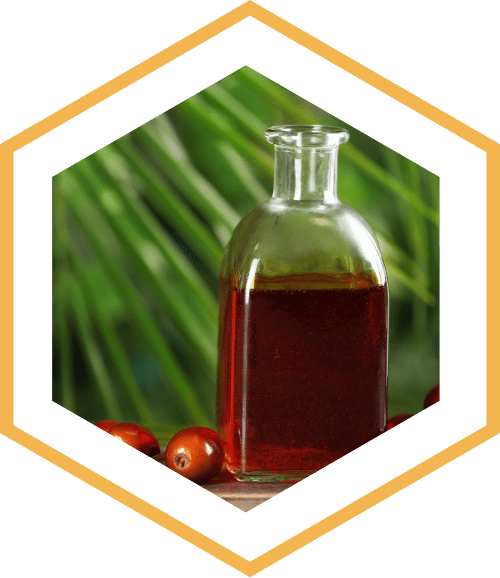


The Company has developed 14 Eco Screening Criteria to assess the eco-friendliness of products. These criteria encompass the entire lifecycle of the product, from the sourcing of raw materials to its usage. More detailed information on Eco Screening Criteria
Management of Hazardous Substances in Products
Hazardous chemicals in products can affect the health of consumers and the environment. All of the Company’s products are made from natural raw materials. The Company’s production factories continue to focus on the use of hazardous chemicals according to laws, such as LPG Methanol, Hydrogen, Toluene, Sulfuric acid, Potassium Hydroxide, etc., along with hazardous substance management, both in terms of legal requirements and control requirements according to relevant national and international standards, such as the list of Substances restricted under REACH, ozone depleting substances according to the obligations of the Montreal Protocol, the Registration Evaluation Authorization and Restriction of Chemicals (REACH), and the Restriction of Hazardous Substances (RoHs) registrations, etc.
In addition, the Company has prepared a Safety Data Sheet (SDS) and environmental impact classification data of environmental effects of systemic chemicals according to the UN GHS Category system under the Globally Harmonized System for Classification and labeling of Chemicals (GHS), with the objective of communicating chemical safety information to all stakeholders, such as operators, suppliers, customers, and communities, etc.
Health Risk Assessment
The Company plans to carry out a risk assessment of hazardous substances in products that affect the health of workers, according to the announcement of the Ministry of Industry No. 4439 (BE 2555) issued under the Industrial Product Standards Act B.E. 2511 regarding Industrial Product Standards for Chemical Risk Assessment for Workers' Health in Industrial Plants. The assessment has been continually conducted since 2021, covering 100% of all products. The assessment result found that none of the Company’s products fall in the risk group that contains hazardous substances. In addition, the Company communicates the risk assessment plan to relevant employees through various channels, such as e-mail, meetings, training and knowledge dissemination activities.
Furthermore, the Company plans to study and develop the risk assessment criteria for hazardous substances in products that affect the environment with reference to the criteria and requirements of the International Council of Chemicals Association (ICCA).

